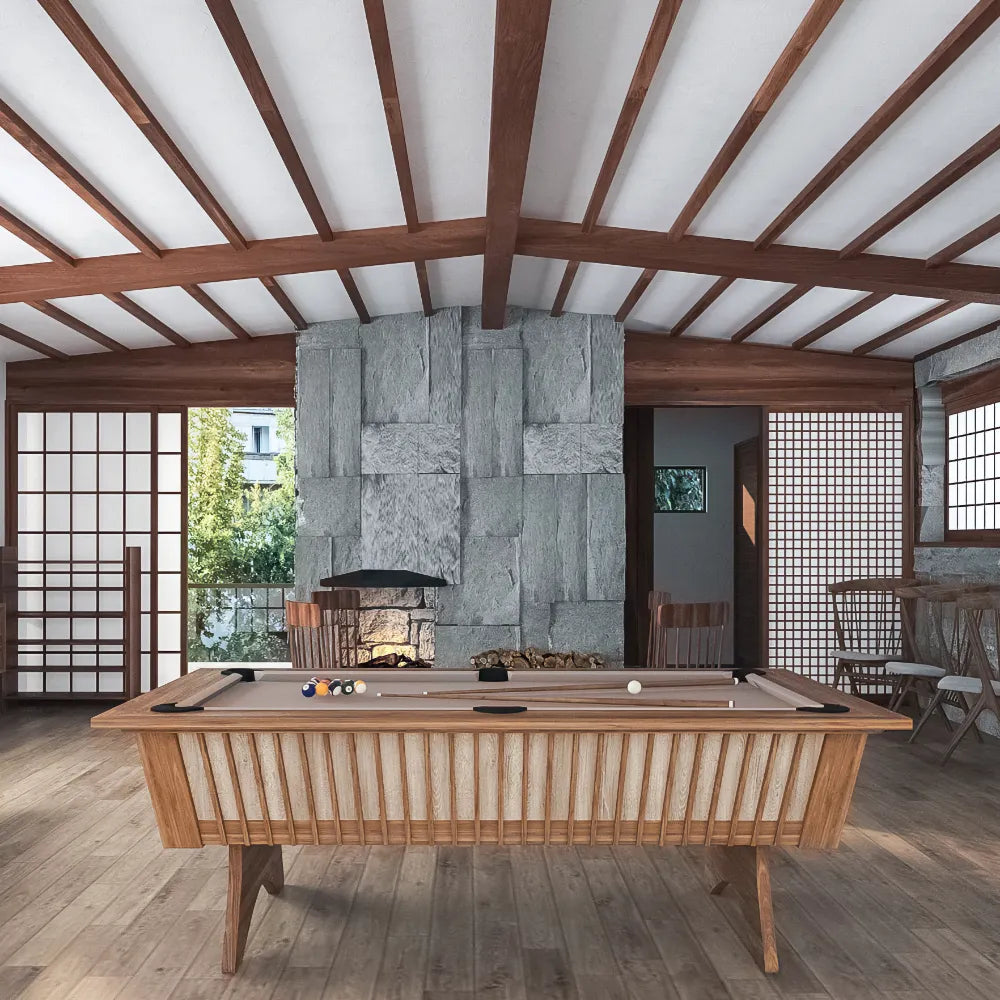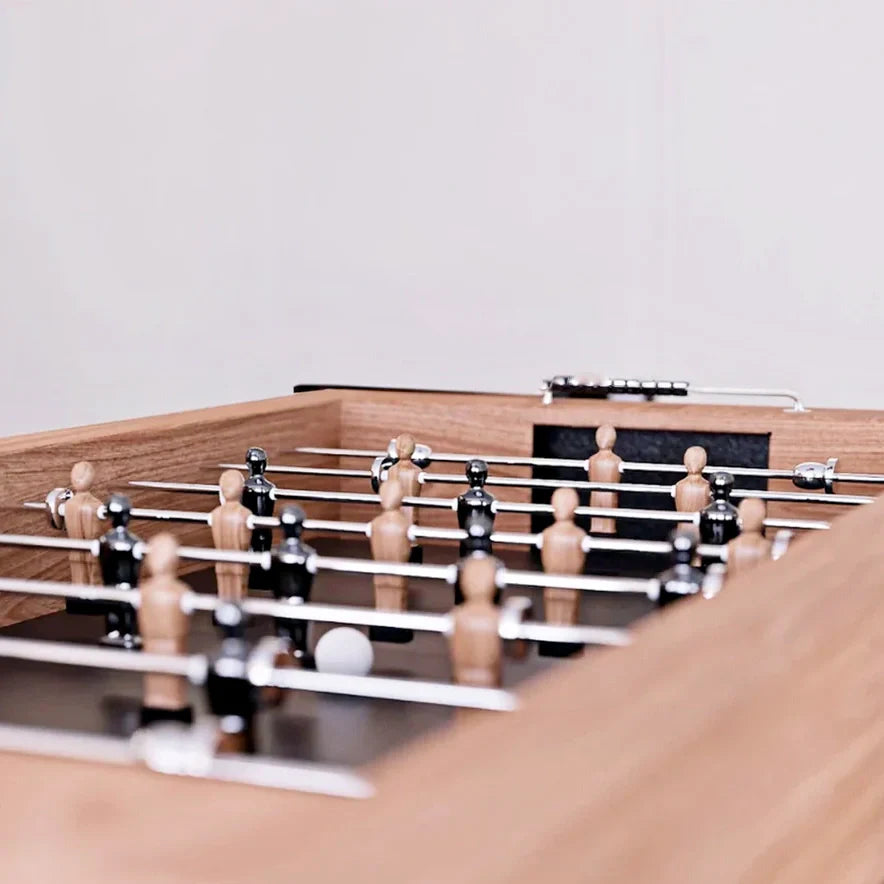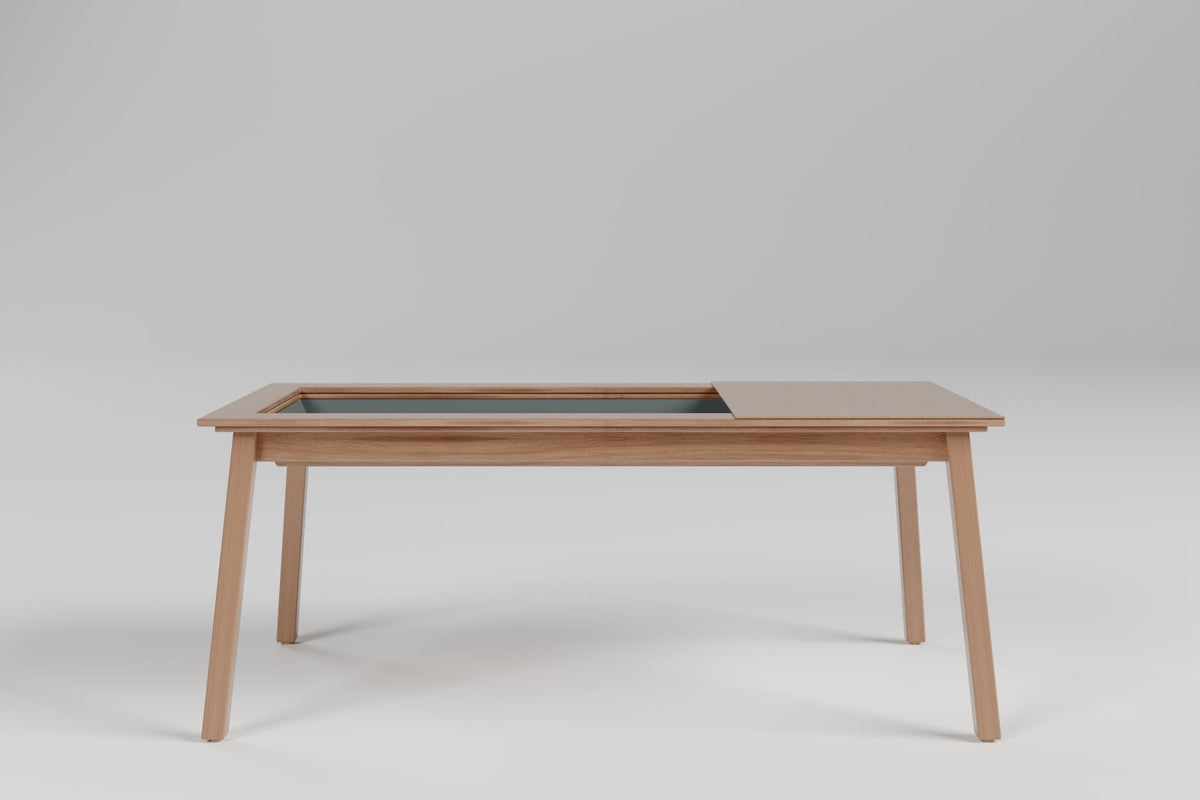Virtual reality (VR) has made impressive advances across various gaming genres, providing immersive experiences that enhance gameplay in everything from action adventures to sports simulations. However, when it comes to billiards, VR technology encounters unique challenges that make an authentic VR pool experience difficult to achieve. Despite the appeal of playing pool in a virtual environment, several technical and experiential factors currently hinder VR’s ability to replicate the true feel and social experience of billiards.
Technical Limitations and Immersion Issues
Creating a realistic VR pool experience presents significant technical challenges, starting with accurate physics simulation. Pool is a game deeply rooted in physics: every shot relies on precise angles, forces, and spins, which are essential for replicating real-world gameplay. While VR pool games like Virtual Pool and ForeVR Pool attempt to simulate these elements, they often fall short of delivering the tactile feedback and real-world physics players expect. To succeed, physics engines must not only calculate ball trajectories accurately but also account for the subtle interactions between balls. These calculations are complex and resource-intensive, often limiting the fidelity of virtual pool games.
Moreover, VR immersion is particularly challenging in billiards due to the precision required. Players frequently experience discomfort or motion sickness from the mismatch between their real-world actions and the virtual feedback. If there’s a discrepancy between how players interact physically and how their avatar moves in-game, the immersion breaks, leading to frustration and disrupting the precision necessary in pool. This lack of tactile precision is one of the main barriers to making VR pool feel as natural and enjoyable as playing at a physical table.
Social Interaction and Gameplay Dynamics
Another unique challenge for VR pool lies in recreating the social dynamics of billiards. Pool is often played in social environments such as bars, clubs, or homes, where players can enjoy face-to-face interactions. Translating this social aspect into VR remains challenging. While multiplayer VR pool games offer some level of interaction, they often lack the spontaneity and camaraderie present in real-life settings. Virtual interactions can feel less personal and connected, which limits the sense of community that players usually enjoy when gathered around a physical table.
In addition, VR systems currently cannot replicate the tactile experience of handling a cue stick or feeling the weight of the balls, which is an essential part of billiards. Some VR setups try to integrate physical cues, but they still fall short of providing the authentic sensations associated with real-world gameplay. This lack of tactile feedback diminishes the overall experience, making VR pool feel less authentic than its physical counterpart.
Market Viability and Consumer Acceptance
The VR gaming market is still developing, and while there’s interest in sports simulations, VR pool has yet to capture widespread appeal. Many players gravitate toward traditional gaming platforms for ease of play, as they don’t require the specialized equipment needed for VR. Additionally, the cost of high-quality VR headsets and accessories can be prohibitive, especially for a game that doesn’t yet offer a deeply realistic or immersive experience.
As developers prioritize other, more popular genres, pool simulations may not receive the resources required for true innovation. The limited market for VR billiards games makes it difficult for developers to justify investing in the high level of refinement that VR pool would need to feel comparable to playing on a real table.
Conclusion
Although VR has transformed gaming in many areas, billiards poses unique challenges that make a fully immersive and realistic VR pool experience difficult to achieve. From technical obstacles in physics simulation to challenges in maintaining user immersion and social engagement, developing a feasible and enjoyable VR pool game requires breakthroughs that current technology has not yet achieved. Until these limitations are addressed, traditional billiards is likely to remain the preferred option for players seeking an authentic experience in this classic game.





0 comments